Jerome Powell says Fed could start scaling back stimulus later this year but stocks surge on absence of announcement
US Federal Reserve chairman Jerome Powell has reaffirmed the emerging plan to begin reversing easy-money policies but stocks surged on absence of an announcement.
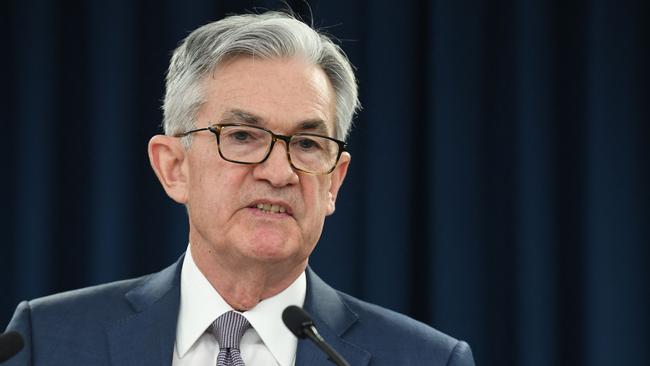
US Federal Reserve chairman Jerome Powell reaffirmed on Friday US time the central bank’s emerging plan to begin reversing its easy-money policies later this year while explaining in greater detail why he expects a recent surge in inflation to fade over time.
The S&P 500 and Nasdaq Composite climbed to fresh records later on Friday after Mr Powell also stressed that the central bank should not overreact to a recent spike in inflation.
At the Fed’s meeting late last month, “I was of the view, as were most participants, that if the economy evolved broadly as anticipated, it could be appropriate to start reducing the pace” of the Fed’s $120 billion in monthly asset purchases this year, Mr Powell said.
Since that meeting, the economy has seen “more progress in the form of a strong employment report for July, but also the further spread of the Delta variant” of the Covid-19 virus, Mr Powell said in remarks prepared for delivery on Friday morning US time at a virtual symposium hosted by the Kansas City Fed.
The central bank slashed its short-term benchmark interest rate to near zero when the coronavirus pandemic hit the US economy in March 2020, and it has been buying $US120 billion ($165bn) monthly in Treasury and mortgage securities to provide additional stimulus.
The broad-based S&P 500 advanced 39.37 points, or 0.9 per cent, to 4509.37 after Mr Powell’s highly anticipated speech at the virtual Jackson Hole conference. It was the first time the index closed above 4500.
The technology-heavy Nasdaq rose 183.69, or 1.2 per cent, to a record 15129.50. The Dow Jones Industrial Average rose 242.68, or 0.7 per cent, to 35455.80. All three indexes were up for the week.
Investors were monitoring Mr Powell’s speech for clues about when the Fed might start to scale back its easy-money policies.
“The mood music going into Powell’s speech was ‘taper is coming, taper is coming,’ which might have led people to think he was going to make an announcement,” said Christopher Smart, chief global strategist at Barings.
Instead, Mr Powell’s measured remarks signalled the Fed wouldn’t rush to begin tapering, prompting the market’s positive reaction, Mr. Smart said. “He reset expectations slightly towards later,” the strategist said.
The rise of Covid-19 infections due to the Delta variant has complicated the economic outlook by creating renewed risk of a sharper economic slowdown at the very moment some officials were ready to reduce, or taper, the pace of monthly bond purchases.
The Fed’s next meeting will be September 21-22, and several Fed officials have said they would argue in favour of beginning to taper bond purchases shortly after that meeting if the recent run of strong hiring continues. Mr Powell’s remarks didn’t provide a strong signal of when the process is likely to begin, suggesting any tapering isn’t likely to occur before the meeting that follows in early November.
The Delta variant threatens to delay a rebound in travel and leisure spending. The Kansas City Fed last week scrapped plans for Friday’s conference, normally conducted in Wyoming’s Grand Teton National Park, to be held in person. The event is being held virtually for the second straight year.
Still, Mr Powell didn’t signal major concern in his remarks on Friday. “While the Delta variant presents a near-term risk, the prospects are good for continued progress toward maximum employment,” he said.
At last year’s conference, Mr Powell unveiled a strategy in which the central bank pledged to keep interest rates lower for longer to guard against the risk that inflation would continue to run below the Fed’s 2 per cent goal, as it had for most of the previous decade.
Reality has dealt the Fed a different and unexpected challenge: the biggest inflation surge in decades, largely reflecting disrupted supply chains, temporary shortages and a rebound in travel. Core inflation, which excludes volatile food and energy prices, rose 3.6 per cent in July from a year earlier, according to the Fed’s preferred gauge.
Mr Powell used the bulk of his widely anticipated speech on Friday to explain why he is still confident in his view that this year’s inflation surge would prove temporary and why it is so important for the Fed to get this call right.
Mr Powell cited a record dating to the 1950s that “taught monetary policy makers not to attempt to offset what are likely to be temporary fluctuations in inflation,” he said. “Indeed, responding may do more harm than good, particularly in an era” when interest rates are more likely to be pinned near zero.
Because it can take a year for monetary-policy decisions to ripple through the economy, tightening policy due to temporary factors raises the risk of an ill-timed move to unnecessarily slow the economy, leading to less hiring and inflation that remains too low, Mr Powell said. “Today, with substantial slack remaining in the labour market and the pandemic continuing, such a mistake could be particularly harmful,” he said.
At the same time, Mr Powell pointed to the painful experience of the 1970s, in which the Fed believed large increases in food and energy prices would ease but core inflation continued to run at uncomfortably high levels anyway. Because economists have since concluded that consumers’ and businesses’ expectations of higher inflation in the future were driving actual prices higher, Mr Powell underscored the Fed’s commitment to monitor these inflation expectations very carefully.
“Central banks have always faced the problem of distinguishing transitory inflation spikes from more troublesome developments, and it is sometimes difficult to do so with confidence in real time,” Mr Powell said. “If sustained higher inflation were to become a serious concern,” the Fed’s rate-setting committee “would certainly respond” by raising rates to hold down inflation, he said.
In his review of recent inflation developments, Mr Powell suggested inflation was likely to moderate in the coming months because prices of certain items, such as used cars, that contributed strongly to the recent price surges have begun to decline. So far, there is little evidence that inflation is rising beyond a “relatively narrow group of goods and services that have been directly affected by the pandemic and the reopening of the economy,” he said. Mr. Powell said he saw little evidence of wage increases that might lead to excessive inflation, for example.
Mr Powell also suggested that long-running forces such as globalisation and technology that have held down prices, especially of consumer goods, over the last 30 years, are likely to continue once the pandemic subsides. “There is little reason to think” that global disinflationary forces “have suddenly reversed or abated,” he said.
One big question Mr Powell and his colleagues might face over the next year is how to respond if inflation falls somewhat, but not all the way back, to its 2 per cent goal. One group of officials has been more vocally nervous about the surge and is eager for the central bank to taper its bond purchases so it can begin to raise rates, potentially soon after ending those purchases, next year.
Another camp thinks inflation is more likely to ease on its own over time. They worry that if they tighten policy prematurely, they will slow the economy too much, causing inflation to fall below their target again and making it harder to lift it.
Mr Powell suggested he was comfortable with the Fed’s current policy stance to guard against any risks. “For now, I believe that policy is well positioned,” he said. “As always, we are prepared to adjust policy as appropriate to achieve our goals.”
Dow Jones

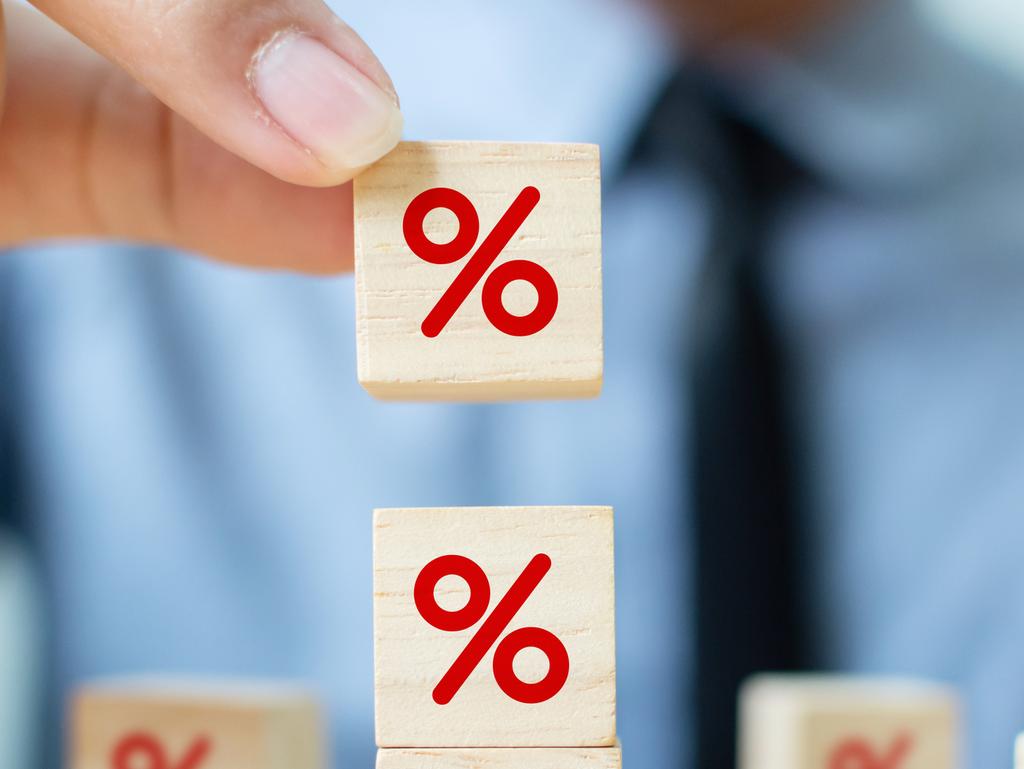

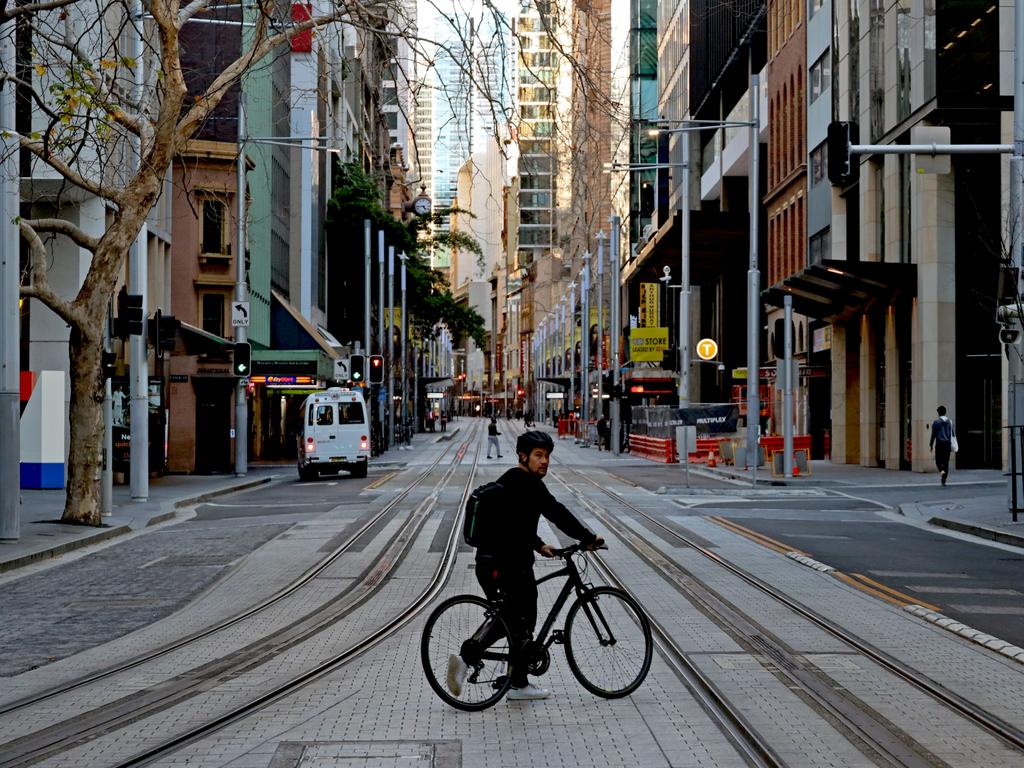
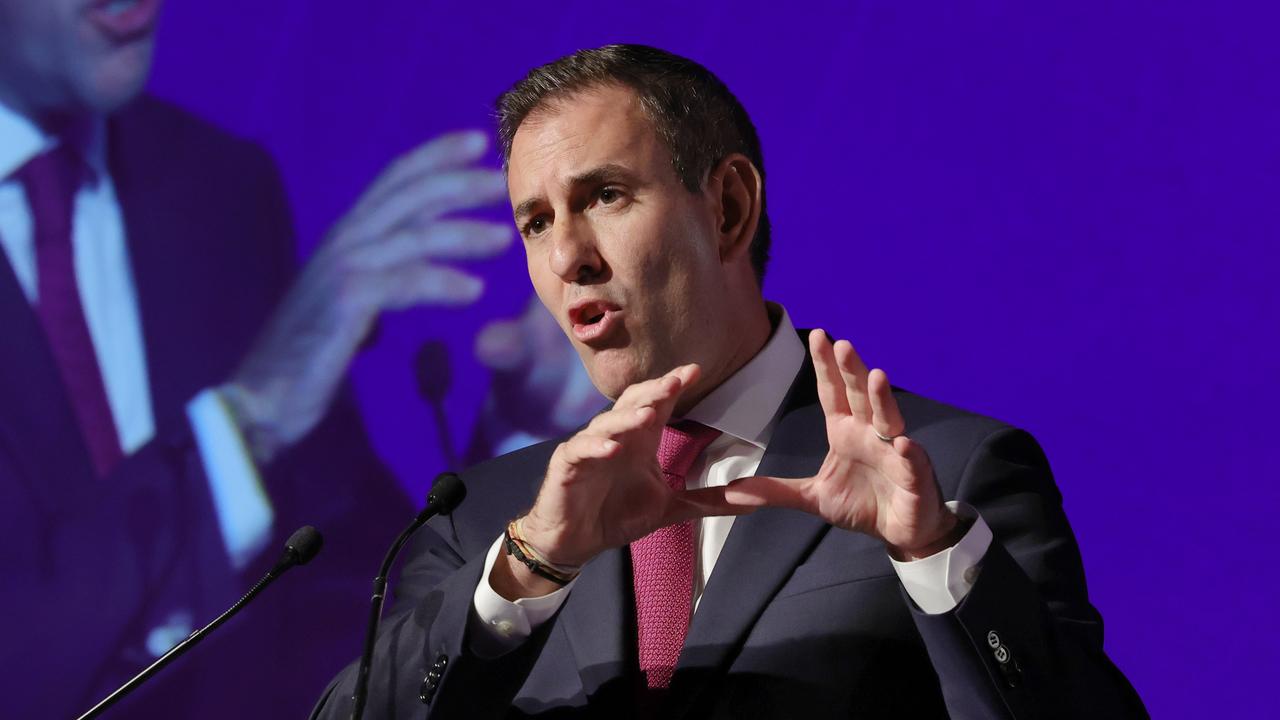
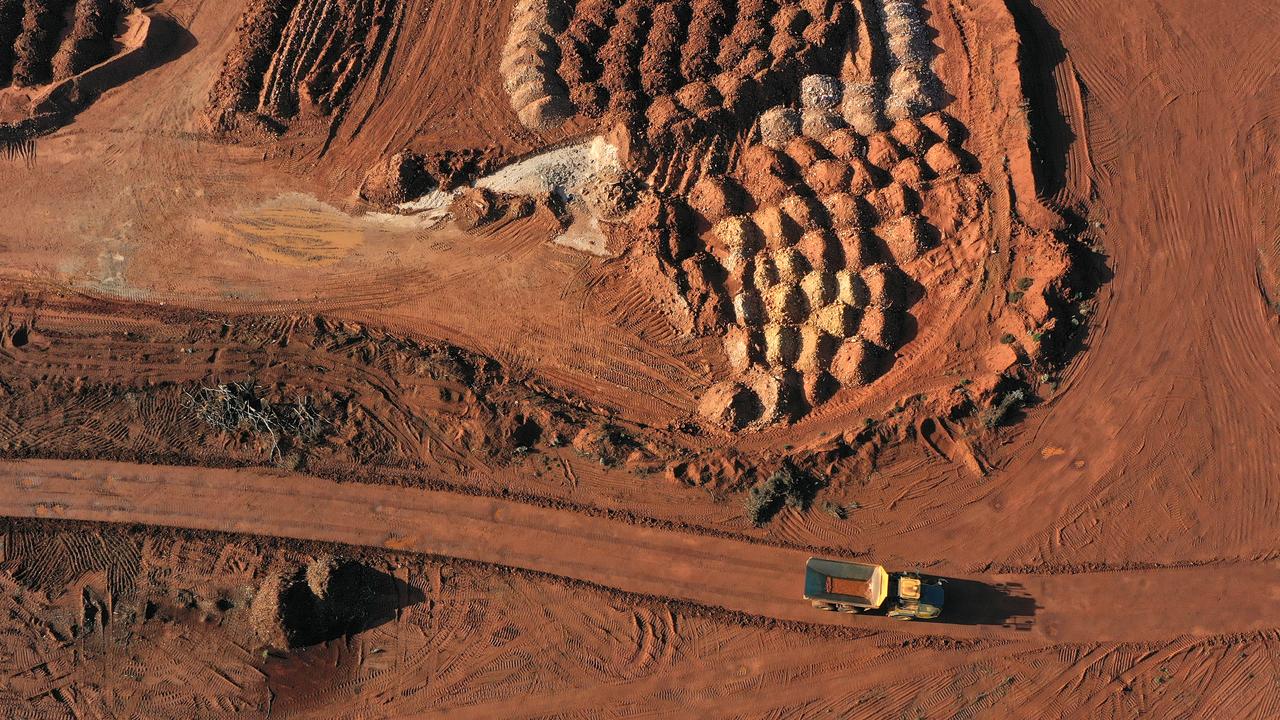
To join the conversation, please log in. Don't have an account? Register
Join the conversation, you are commenting as Logout